CASA BLOGS

Unconditional Cash Support: The Complete Freedom
The heroes of this edition are the people of Kerala for they have chosen to exercise the Right to Freedom to weave a new future for themselves. The second edition of CASA IN ACTION on Kerala Floods 2018 will take you through the four-month journey of our Unconditional Cash Transfer Program Implementation with a vision to not just rehabilitate but transform lives of the people.
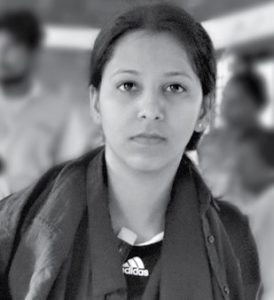
By Isha Banerjee
Reporter | CASA Communications
Unconditional Support: Like Filling Colours in Picture
To talk just about the noticeable changes that primarily came with cash support is like painting a greyscale picture. What fills the colours into the image are those unnoticeable and inclusive changes within the individuals and community. Decisions were not forced upon them. In fact the community had choices to make this time, and in many different ways they collectively chose to first restore their dignity only on their terms and conditions.
While success of a program could be measured numerically there are some immeasurable developments that may only be felt. CASA Unconditional Cash Transfer implemented was one such program whose success could be numerically measured and emotionally felt.
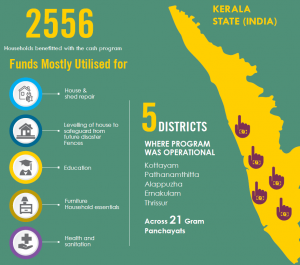
POWER TO REBUILD LIVES, ON THEIR WAY
Last time we heard words Purna Swaraj (Complete Freedom) was in 1930 when India decided to attain complete freedom from the regime of British Government. Decades later, the same words resonate within the villages of Kerala where CASA implemented its Unconditional Cash Transfer program from October 2018. When asked about how they feel about the program, the people replied “complete freedom.”
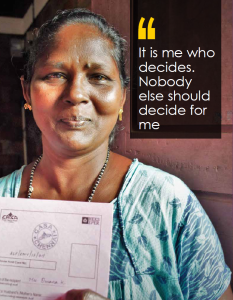 Perhaps, it may be the first time that Anupamma and Omana K. were considered to make decisions on behalf of their families and communities on how else would they recover faster.’ Anupamma received Rs 16,000 in November while Omana K. got Rs 8,000 into her bank account in December, 2018 during CASA’s program rolling time. Both belong to two separate villages of Kerala where flood of the century ravaged most parts of their territory and livelihood sources. Both received relief material from many charity organisations.
Perhaps, it may be the first time that Anupamma and Omana K. were considered to make decisions on behalf of their families and communities on how else would they recover faster.’ Anupamma received Rs 16,000 in November while Omana K. got Rs 8,000 into her bank account in December, 2018 during CASA’s program rolling time. Both belong to two separate villages of Kerala where flood of the century ravaged most parts of their territory and livelihood sources. Both received relief material from many charity organisations.
At one point, Anupamma had to give away the extra buckets and utensils to her neighbours and relatives who were left out in the distribution aid. “Something where I can prioritise my need” was a wishful thinking by Omana K, whose back portion of house wall was swept in the floods.
Expensive labour charge and repair material in an inflated market – all the reasons for Omana K to sleep in a ramshackle house with all chances of collapse in the final rounds of September rainfall. Three months after the floods, the women say they would have recovered faster had they been asked what their actual requirements were.
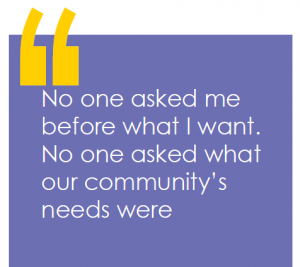
“No one asked me before what I want. No one asked what our community’s needs were. We also wanted to kickstart our lives at the earliest, and different families had different needs,” said Anupamma.
Cash transfers are among the most well-researched and rigorously-evaluated humanitarian tools of the last decade. Cash transfers are faithful, feasible, cheap and effective in humanitarian setting.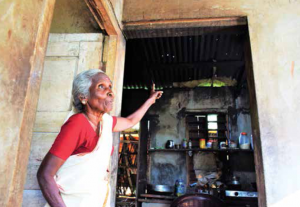
It’s because unconditional cash flow stops migration. Children affected by disasters drop-out less, family is able to perform daily chores at the earliest besides having livelihood restored.
Very rarely will you see cash transfers done in the name of men. Even though we can’t refute the important contribution of a male counterpart; however, it’s always a wife, a mother, a woman who could do the best for her family.
Many women, for the first time, took active part as leaders of the independent selection committees. They functioned vigilantly, keeping their eyes intact on the most deserving households during CASA’s Unconditional Cash Transfer Program.
It is very important to understand the needs of the affected people. The needs differ from family to family. We finally realised that unconditional cash transfer will give them the opportunity to decide what they need to purchase, what they need to acquire, to reiterate to themselves “it is me who is deciding for myself, nobody else should decide for me.”
So did Anupamma, Onama and many other women and men in the villages – where CASA conducted its program. The recovery was phenomenal. Some paid for their daughters’ education, some for house levelling, other for house repair – it was a huge basket of customised choices in a cart unconditionally delivered by CASA.
Having experience of responding to major humanitarian crisis for 70 years, the organisation proudly winds up its unconditional cash transfer though bank transfer program early 2019. Four months of hard-work with the communities – who only had the capacity to offer tea and seats at the time of CASA meetings, are now extending their hands for a long-term partnership.
 Previous Blog Post DISASTERS: A Trafficking Trap for Victims
Previous Blog Post DISASTERS: A Trafficking Trap for Victims Empowering, Preparing for Future
Empowering, Preparing for FutureFeatured Post
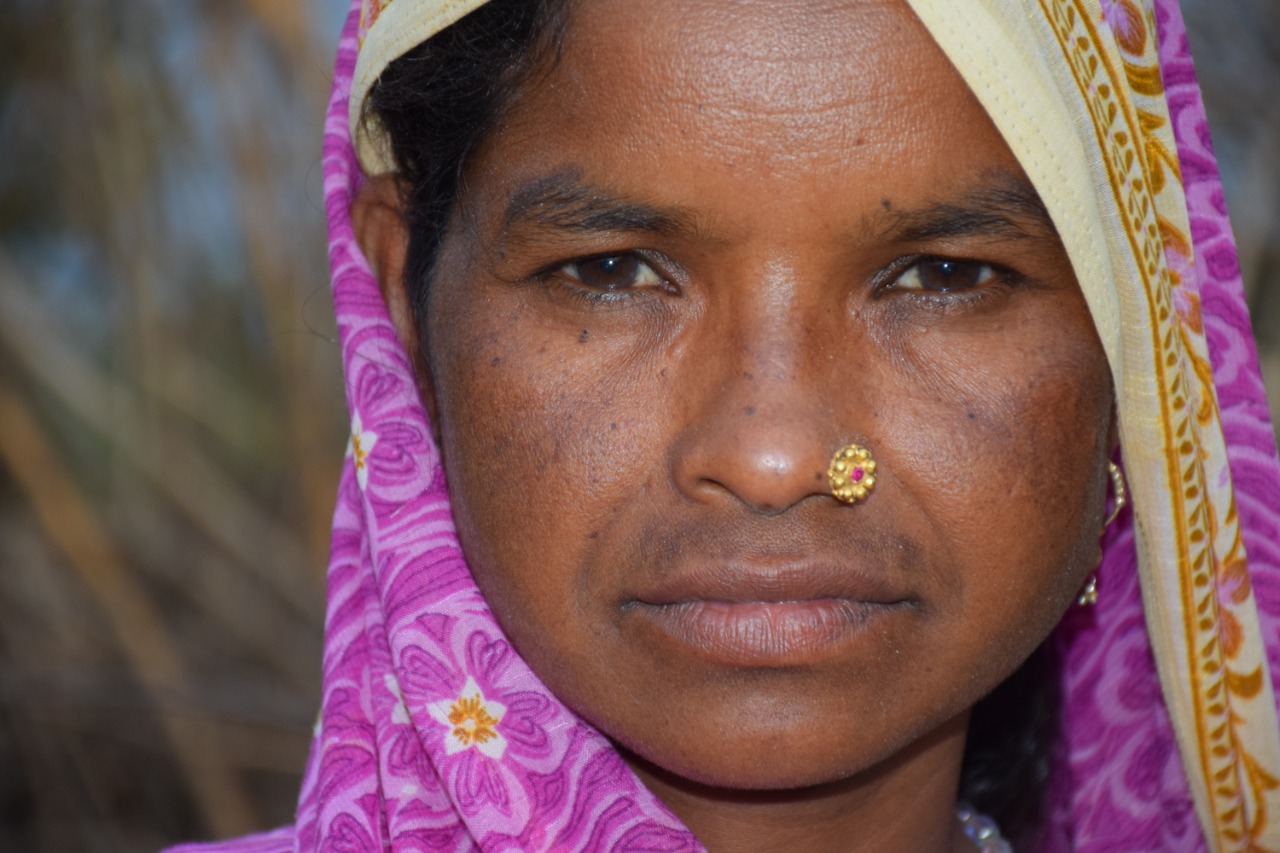
Mental Health Awareness in India: Addressing Key Challenges
8 Nov 2024
Mental health awareness is crucial in India, where millions silently struggle with mental health disorders, including depression, anxiety, and bipolar disorder. Despite growing recognition, India faces unique challenges in effectively addressing mental health issues. The stigma associated with mental illness remains a primary barrier. In Indian society, mental health issues are often misunderstood, leading to […]

Ensuring Girls’ Safety in India: A Path Toward Empowerment
20 Aug 2024
Girls’ safety in India remains a critical issue that has garnered increasing attention over the years. Despite various reforms and efforts from both government and civil society, challenges persist. From street harassment to domestic violence, gender-based discrimination continues to limit the freedom and safety of girls. While significant progress has been made in addressing these […]
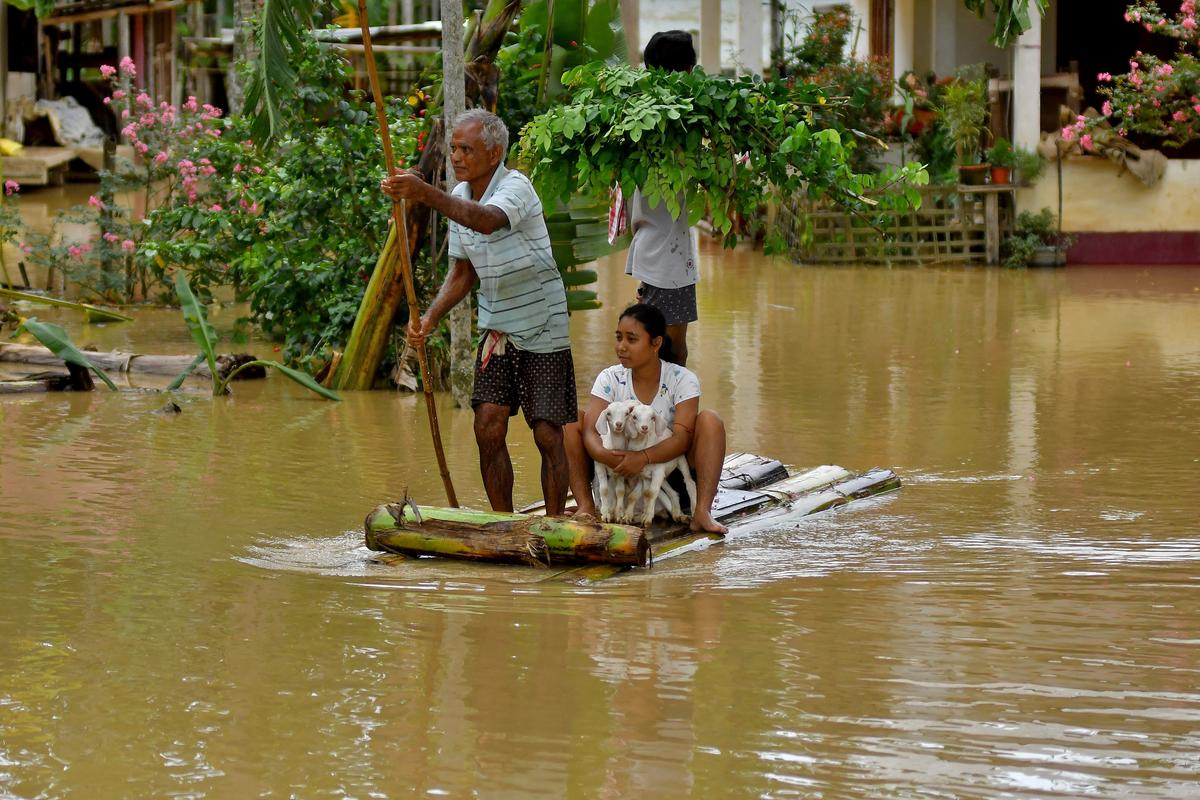
The Connection Between Monsoons and Floods in India: An In-Depth Analysis
9 Jul 2024
India, a land of diverse climates and geographical features, relies heavily on the monsoon season for its agricultural and water resources. However, with the benefits of the monsoon rains come significant challenges, particularly in the form of floods. This blog explores the intricate relationship between the monsoon season and flooding in India, providing detailed insights […]


